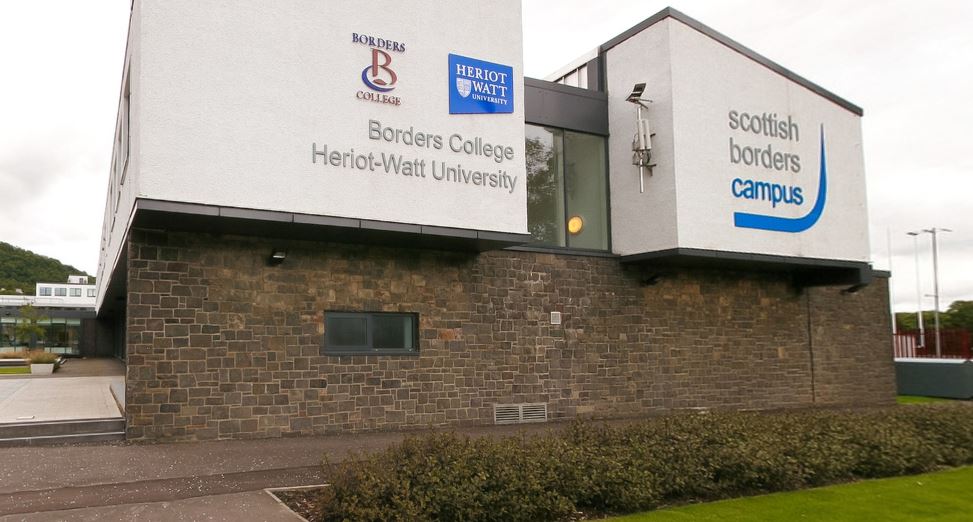-
hello@abroadcube.com
Mail us
-
Call For Help:
98779 83783
-
Whatsapp Us
70090 34921
This programme of study responds to the global demand for graduates with science or engineering backgrounds who can provide technical consultation and deliver specialist solutions to improve sustainability.
Graduates from MSc Global Sustainability Engineering will work at the forefront of sustainable development. They will be able to call on engineering knowledge to identify existing unsustainable processes and practices and implement strategies for improvement.
Students on this programme will take five mandatory courses and three optional courses. Five mandatory courses develop critical understanding of the fundamental issues impacting global sustainability whilst the selection of three additional courses from seven options allows each student to tailor the degree to their own area of interest and potential career pathway such as process engineering, building services and carbon management. In addition to eight 15-credit courses, students will complete a mandatory 60-credit dissertation project in order to graduate with a full MSc qualification.
| Level | Masters |
| Discipline | Engineering |
| Duration | 12 months |
| Intakes | Jan, Sep |
| Application Fees | GBP 0 |
| Tuition Fees | GBP 22264 |
| Campus | Edinburgh |
| Language proficiency (minimum) | |
| IELTS | 6.5 |
|---|---|
| TOEFL | 85 |
| PTE | 68 |
| Duolingo | Not Required / Waiver |
| Exam proficiency (minimum) | |
| SAT | Not Required / Waiver |
|---|---|
| ACT | Not Required / Waiver |
| GRE | Not Required / Waiver |
| GMAT | Not Required / Waiver |
Minimum GPA - 70.0%
QS Quacquarelli Symonds is the world’s leading provider of services, analytics, and insight to the global higher education sector, whose mission is to enable motivated people anywhere in the world to fulfil their potential through educational achievement, international mobility, and career development.
THE (Times Higher Education) has been providing trusted performance data on universities for students and their families, academics, university leaders, governments and industry, since 2004. We create university rankings to assess university performance on the global stage and to provide a resource for readers to understand the different missions and successes of higher education institutions.
The Academic Ranking of World Universities (ARWU) was first published in June 2003 by the Center for World-Class Universities (CWCU), Graduate School of Education (formerly the Institute of Higher Education) of Shanghai Jiao Tong University, China, and updated on an annual basis
The "Webometrics Ranking of World Universities" is an initiative of the Cybermetrics Lab, a research group belonging to the Consejo Superior de Investigaciones Científicas (CSIC), the largest public research body in Spain. CSIC is among the first basic research organizations in Europe. The CSIC consisted in 2006 of 126 centers and institutes distributed throughout Spain.



